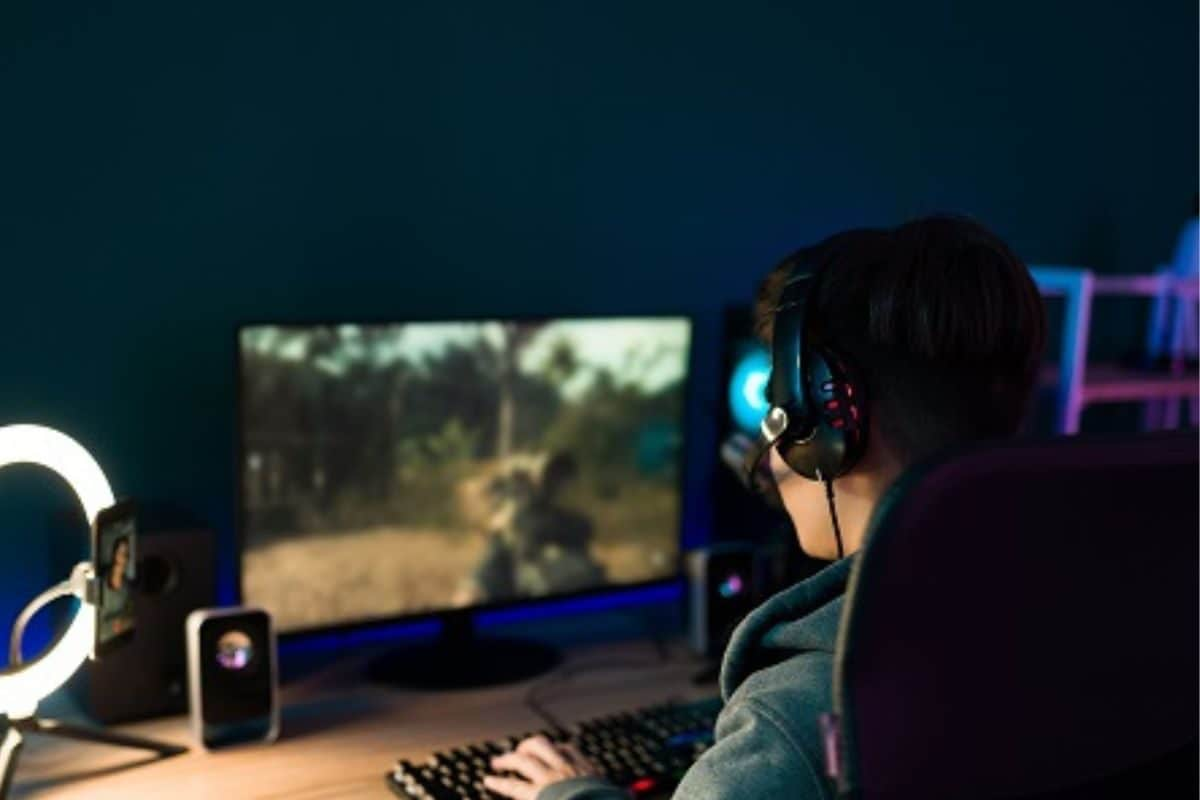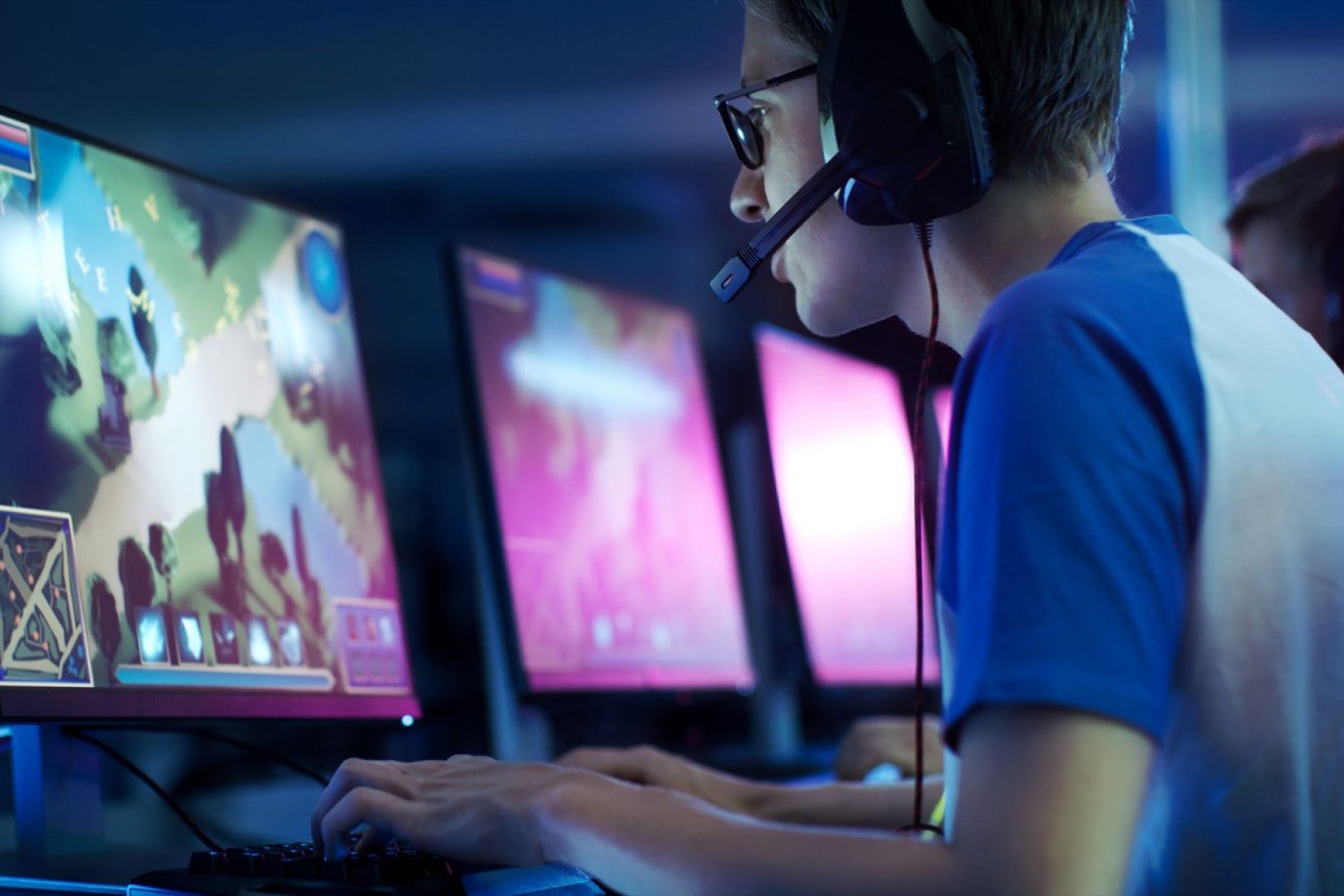Researchers analyzed the data from gaming companies, and also asked players about their mood. They found that more time spent playing the game, and a higher level in the game, were associated with positive feelings. Experience the adrenaline rush of multiplayer gaming on betso88 cutting-edge platform.
Gamers are often accused of being anti-social and neglecting their responsibilities while they play games. But, many players report that they enjoy gaming.
1. Dopamine Boost
Dopamine is a neurotransmitter that influences how we feel and can be likened to the “chemical of more.” When you play games, it activates parts of your brain associated with pleasure, reward, and addiction.
Junk food, nicotine, alcohol, and caffeine can also trigger a quick dopamine boost, but they often disrupt the body’s natural production process, leading to a crash in your mood and cravings later on. In contrast, a diet rich in the amino acid tyrosine—which can be found in turkey, chicken, eggs, soy, low-fat dairy, and legumes—has been shown to increase dopamine levels.

Other activities that naturally increase dopamine include getting regular exercise, spending time with friends and family, playing a musical instrument, learning a new language, and meditating or practicing yoga. While it may seem a bit “new age,” these healthy habits have been shown to improve both physical and mental health and can be as effective as prescription drugs in improving your mood.
2. Social Interaction
Gaming has long been a social activity, and with the rise of multiplayer experiences, it’s become even more so. In fact, research shows that gamers tend to feel more relaxed and happy when they’re playing games with others — even those they don’t know in real life.
Moreover, the ability to connect with fellow players in online games encourages people to play more. In one study, researchers found that people who played online games with other people — whether they were competing against each other or working together — were more likely to form communication ties than those who played alone.
This helps to counteract the idea that video games are a lonely, antisocial activity – which was the source of those early pandemic memes. In reality, those who spend time in gaming communities actually get to know each other and often form enduring friendships. This can be a good thing, especially during times of stress or isolation.
3. Sense of Completion
Completion is the perception of finishing a task or process, and it increases feelings of competence and positive affect. Moreover, completion has the potential to motivate individuals to continue working on the product until it is completed. On the other hand, non-completion leads to dissatisfaction with one’s work and low performance.
Emilie Wapnick is a multipotentialite who helps other multipotentialites build lives and careers around ALL their interests. She’s the founder of Puttylike, The Puttyverse and Wingtip Astrology. She has studied music, art, film production and law, and teaches creative and business skills at The Putty Academy.
A recent study by researchers at the Oxford Internet Institute, used industry data from two popular games (Plants vs Zombies and Animal Crossing) to determine a correlation between playing time and happiness. Unlike other studies that have relied on self-reported play time, this research looked at the actual amount of time people played and the subjective experiences they had while doing so.
4. Physical Activity
In the wake of the UK’s second coronavirus lockdown, many people stayed indoors and turned to video gaming. While some people argue that playing for long periods of time is objectively bad for your well-being, a new study from Oxford University has delivered a surprising finding: gamers tend to have higher levels of well-being than non-gamers.
The researchers found this by examining player data from two popular video games, Plants vs. Zombies: Battle for Neighborville and Animal Crossing: New Horizons, rather than relying on self-reported engagement as other studies have done. The use of video game industry data instead of player self-reports was a positive step in helping to avoid potential confounding factors that often plague research in this area.
The team found that a player’s in-game motivational experiences might play a key role in their feelings of well-being, while the type (action-adventure versus storytelling), time and day (when), and amount (how much) of video gaming played may be additional variables that also influence well-being. These contextual factors should be taken into account in future research investigating the link between video gaming and well-being to elucidate the nuances of this growing medium.

Leave a Reply